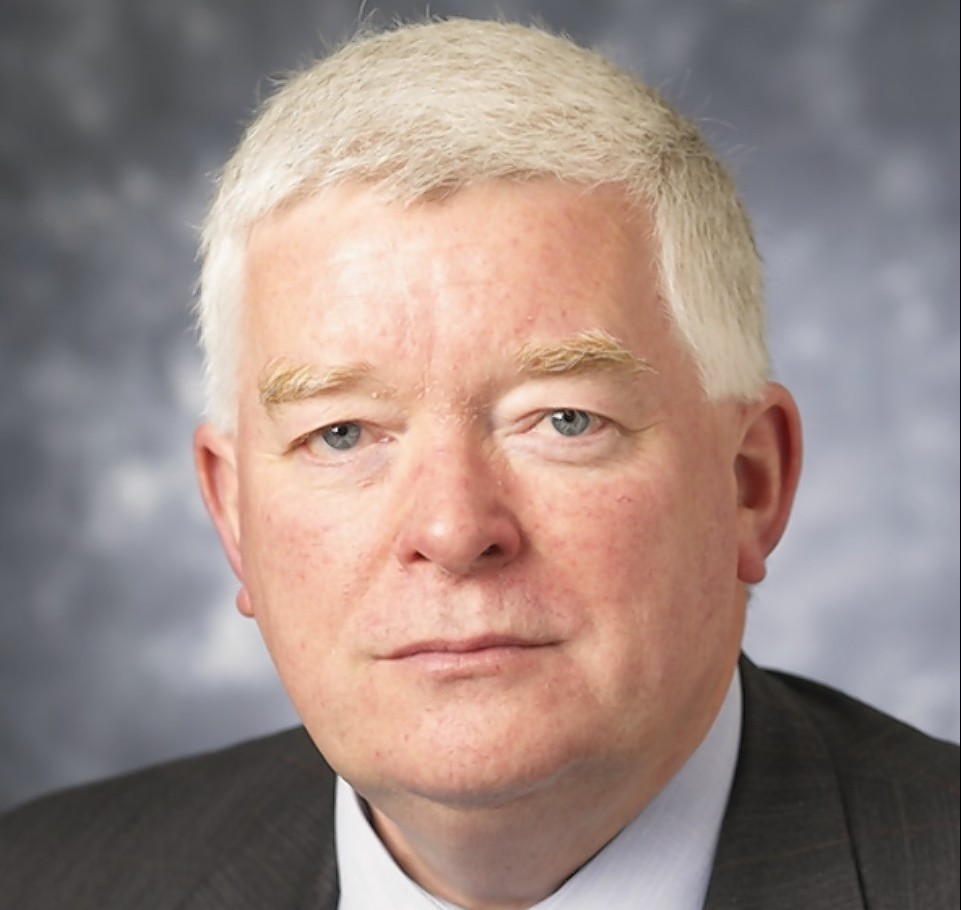Fewer jobs have been lost at Highland Council than expected following a voluntary redundancy exercise.
There has been muted celebration, however, with an expectation of a need to find additional multimillion-pound savings over the next two years.
In response to an invitation in December from chief executive Steve Barron about 600 people applied for severance as part of measures to help achieve a £50million – 10% – budget cut in 2016-17.
In the end, 340 offers were accepted.
The authority has not yet revealed which departments have taken the highest toll of losses.
The total financial cost will be less of a burden on the council’s emergency “reserves fund” than had been expected by senior managers.
A spokeswoman for the authority said: “It’s not possible to give details on this at the moment, as figures and costs have to be confirmed, service by service.”
Finance director Derek Yule is drafting a report to update councillors on the cost of the exercise and implications for each department.
The resources committee will hear the details in the coming weeks “depending on their work commitments”.
Resources chairman Bill Fernie said: “The number could have been higher if more people had volunteered and were in places that we could afford to let them go.
“Some were not able to go because of the types of job that they have. You could say that overall it’s maybe a bit better than we’d anticipated because at one stage people were talking about up to 500 redundancies.
“Depressingly, you have to put it into the context of what’s coming in the next couple of years. We’re working on the basis that out budget will be cut further.”
Opposition SNP group deputy leader Richard Laird said: “If fewer folk have taken voluntary redundancy than had been envisaged then I don’t see it as a bad thing.
“If we’ve managed to protect frontline services and if the council is still managing to do what it needs to do without taking the massive chunk out of reserves it thought it might have to, then those are good things.”
The council’s “redesign” currently being worked on will aim to prioritise local decision-making, albeit with reduced resources.
